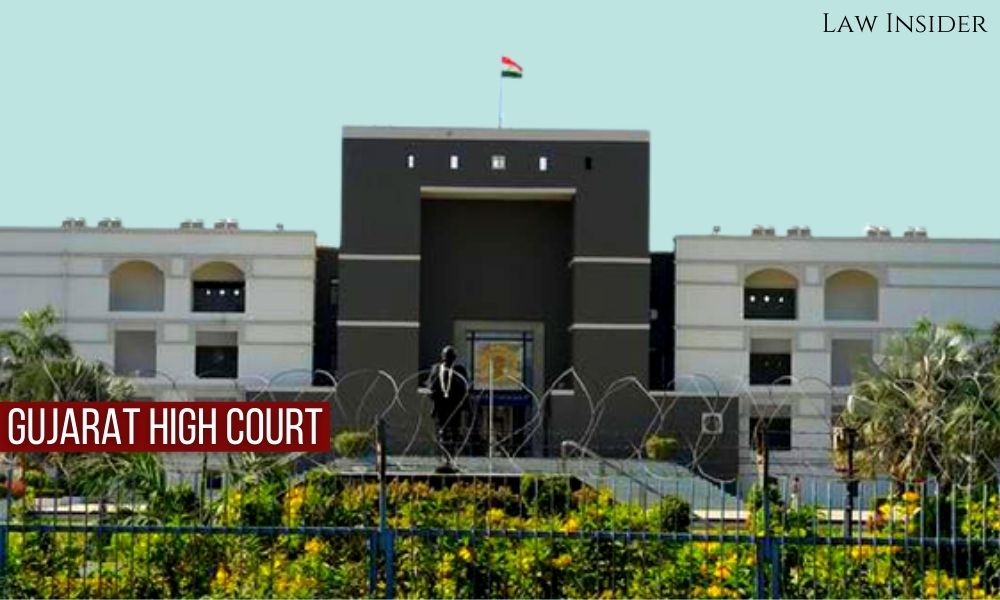LI Network
Published on: December 17, 2023 at 11:45 IST
The Gujarat High Court recently declared that rape is unequivocally rape, even when perpetrated by a husband against his wife, emphasizing the urgency of breaking the silence surrounding gender violence.
This statement comes amid a series of petitions before the Supreme Court seeking to criminalize marital rape.
Disagreeing with the exception for marital rape outlined in Section 375 of the Indian Penal Code (IPC) under Exception 2, which exempts husbands from punishment for non-consensual acts against their wives (aged 18 or above), the court highlighted that marital rape is considered illegal in numerous jurisdictions, including 50 American states and 3 Australian states.
Additionally, the Court pointed out that the United Kingdom, a source of inspiration for the Indian Penal Code, had eliminated the marital rape exception following a 1991 judgment by the House of Lords in R v. R.
The Court underscored that the lawmakers themselves abolished the exception for husbands when enacting the IPC.
Section 375 of the IPC defines rape as all forms of non-consensual sexual assault on a woman. However, Exception 2 excludes sexual intercourse between a married couple aged over 15 years (interpreted as 18 years in the case of Independent Thought vs. UOI) from constituting “rape,” preventing prosecution for such acts.
The Gujarat High Court made these remarks while denying bail to a woman accused of aiding and abetting brutal sexual acts against the complainant, orchestrated by her husband (complainant’s father-in-law) and son (complainant’s husband).
The Court highlighted the grave allegations in the case, including the accused compelling their son to record and share explicit content of the complainant and the father-in-law sexually assaulting her.
The accused-applicant allegedly knew about these actions but sided with her son and husband, urging the complainant to remain silent.
The Court stressed that fundamental rights under Articles 14, 15, 19, and 21, guaranteeing the right to live with dignity, personal liberty, bodily integrity, sexual autonomy, reproductive choices, privacy, freedom of speech, and expression, apply to both men and women. It emphasized the duty of men to actively combat violence against women, particularly considering the prevalence of gender violence often concealed by a culture of silence.
The Court acknowledged the spectrum of sexual violence, ranging from severe offenses like rape to other offenses like stalking and verbal abuse. It criticized societal attitudes that trivialize and normalize such crimes, calling for a change in perspective.
Against this backdrop, the Court concluded that various charges under Sections 498A, 376, 354, and 506 of the IPC were clearly outlined in the complaint, and disputed questions of fact should be addressed in a full-fledged trial.
Consequently, the Court denied bail to the accused-applicant, encouraging her to present any defenses during the trial.
This development coincides with ongoing legal discussions on the criminalization of marital rape, with the Delhi High Court delivering a split verdict on the issue last year, and petitions on the matter currently pending before the Supreme Court.

